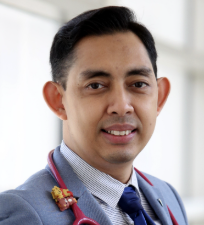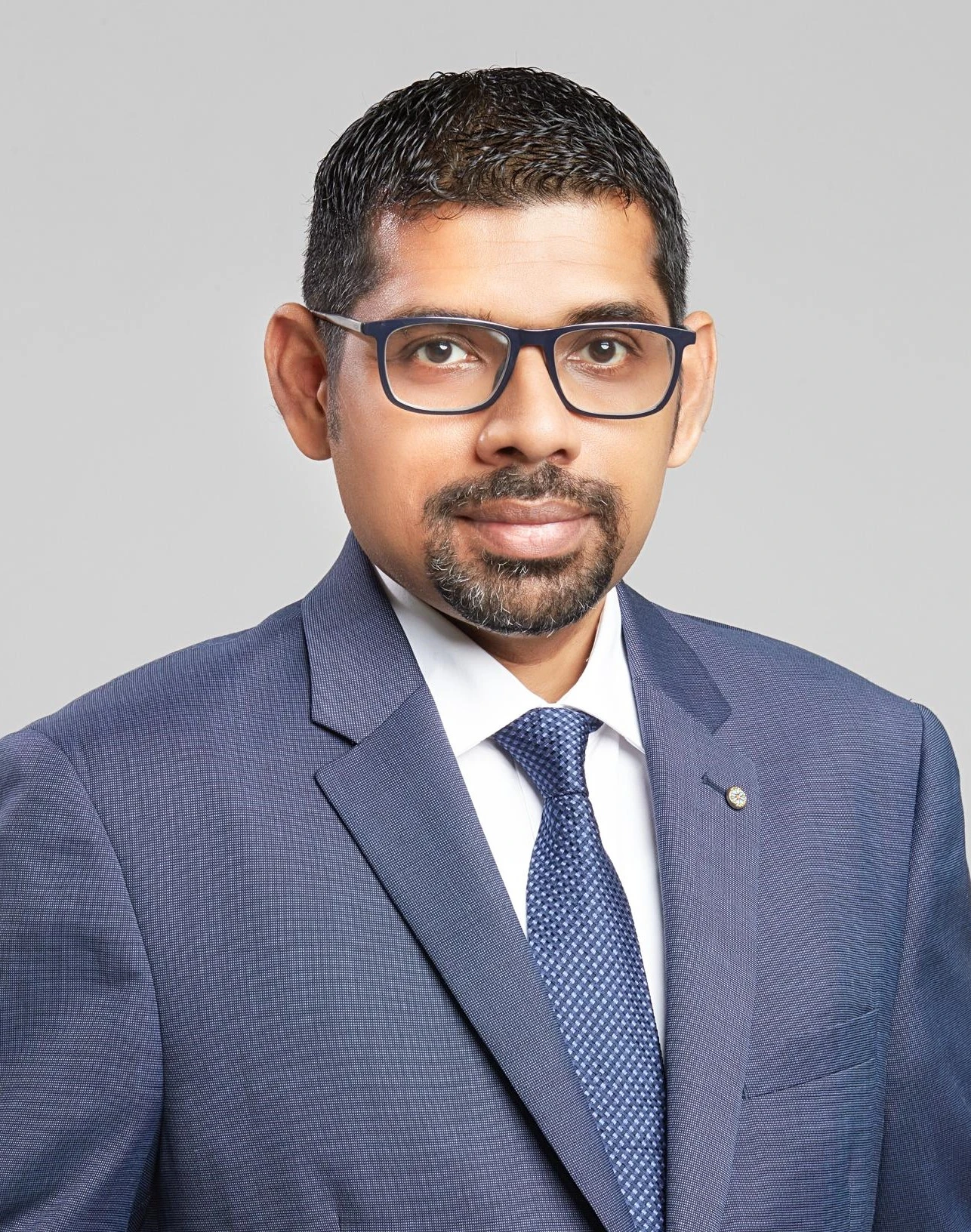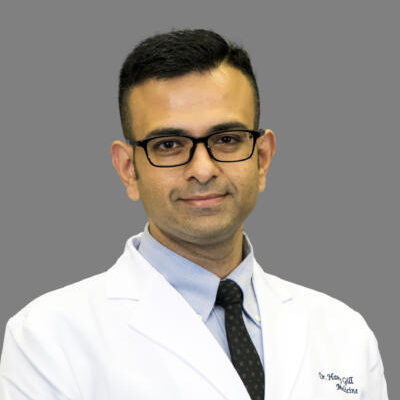Hematology
Editor’s Pick

In an interview with Omnihealth Practice, Professor Dr. Muhammad Yazid Jalaludin, discussed the challenges of endocrine complications in thalassemia and the importance of comprehensive care for children and adolescents.
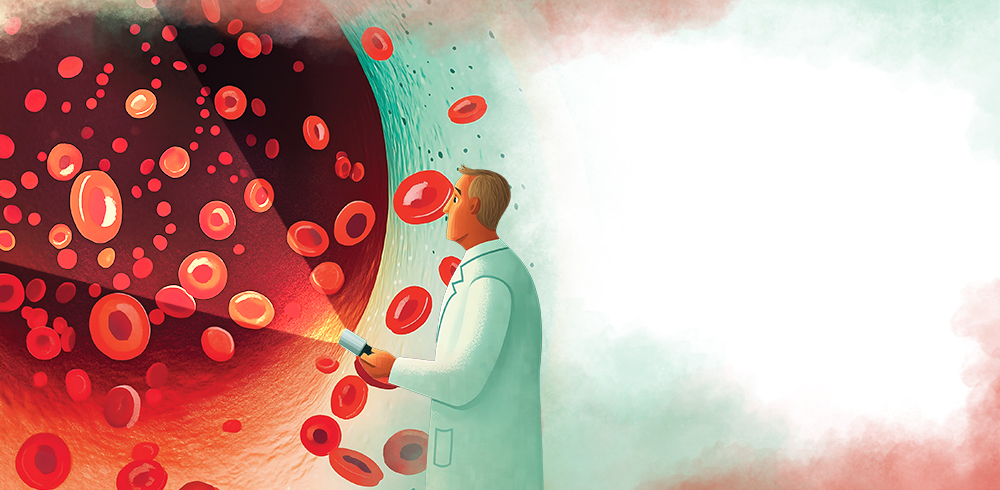
Chimeric antigen receptor T-cell (CAR-T) therapy has become a groundbreaking treatment for hematologic malignancies, particularly in relapsed or refractory diffuse large B-cell lymphoma (R/R DLBCL) and acute lymphoblastic leukemia (ALL). Building on its success in these indications, CAR-T therapy is now emerging as a promising option for patients with relapsed or refractory multiple myeloma (R/R MM), offering new hope for those with limited treatment options. However, the challenge of introducing CAR-T therapy into healthcare systems in Asia, is multifaceted. In an interview with Omnihealth Practice, Dr. Sivakumar Palaniappan, a consultant hematologist from Pantai Hospital Kuala Lumpur, Malaysia shed light on the region’s diverse healthcare landscape and the need for careful consideration of demographic, economic, and cultural factors to ensure broad and equitable access to this innovative treatment.
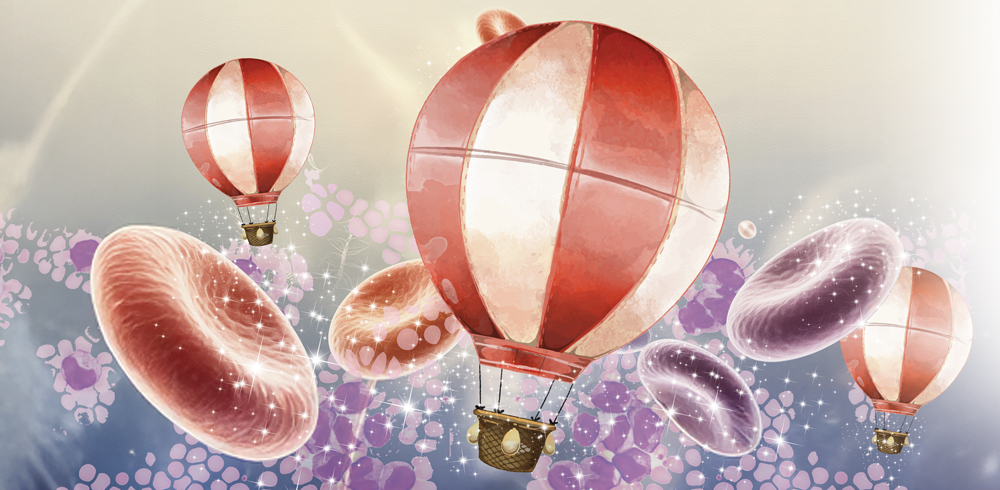
Acute promyelocytic leukemia (APL) has historically been one of the most aggressive forms of leukemia and an oncological emergency, characterized by rapid progression and high early mortality rates.1 Traditional chemotherapy treatments often led to dismal prognoses, but the discovery of targeted therapies such as all-trans retinoic acid (ATRA) and arsenic trioxide (ATO) has revolutionized its management.1 The ongoing evolution of ATO formulations is highlighted by an Acute Promyelocytic Leukaemia Asian Consortium (APL-AC) study, which examines the efficacy and safety of oral-ATO. This study underscores the potential of oral-ATO not only to enhance patient outcomes in APL but also to provide a more convenient and cost-effective option.2 In an interview with Omnihealth Practice, Dr. Gill Harinder Singh Harry, the study’s lead investigator, described how the development of an oral formulation of ATO has further transformed the treatment landscape, offering significant improvements in survival rates, quality of life (QoL), and healthcare resource utilization.
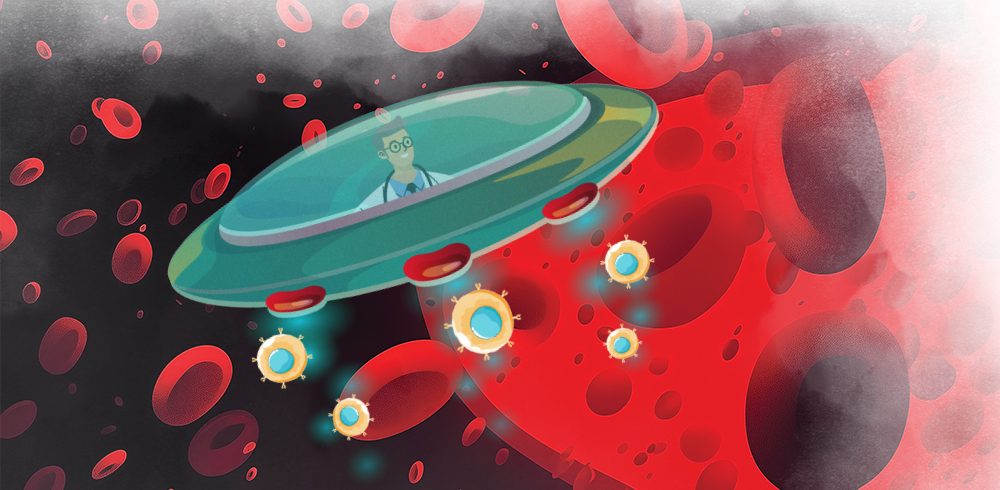
Chimeric Antigen Receptor T-cell (CAR T-cell) therapy has emerged as a transformative treatment for relapsed or refractory multiple myeloma (R/R MM), which remains challenging despite advances in conventional therapies. Targeting B-cell maturation antigen (BCMA), consistently expressed on malignant
Lancet Oncol. 2024
Lin Y, Qiu L, Usmani S, Costa L, Derman B, Du J, Einsele H, Fernandez de Larrea C, Hajek R, Ho PJ, Kastritis E, Martinez-Lopez J, Mateos MV, Mikhael J, Moreau P, Nagarajan C, Nooka A, O’Dwyer M, Schjesvold F, Sidana S, van de Donk NWCJ, Weisel K, Zweegman S, Raje N, Rodriguez Otero P, Anderson Jr LD, Kumar S, Martin T, International Myeloma Working Group. Consensus guidelines and recommendations for the management and response assessment of chimeric antigen receptor T-cell therapy in clinical practice for relapsed and refractory multiple myeloma: a report from the International Myeloma Working Group Immunotherapy Committee. Lancet Oncol. 2024;25(8):e374-e387.
News & Perspective
